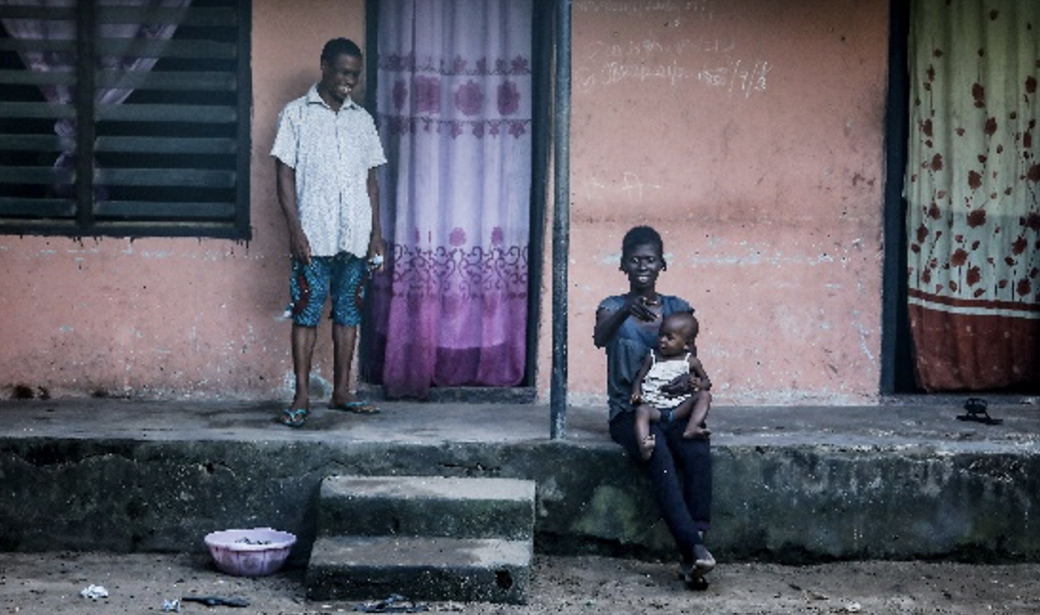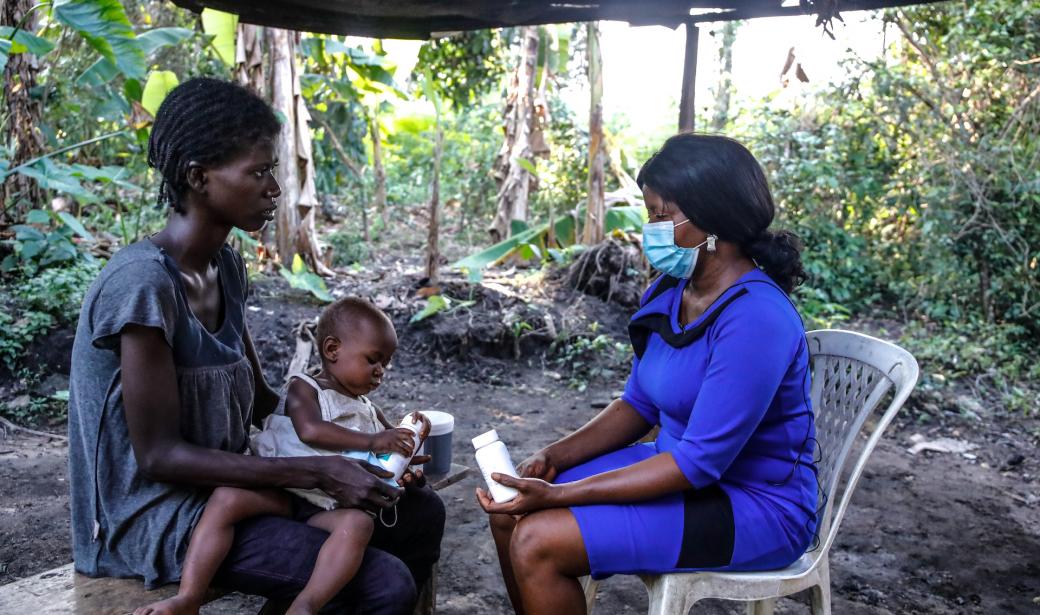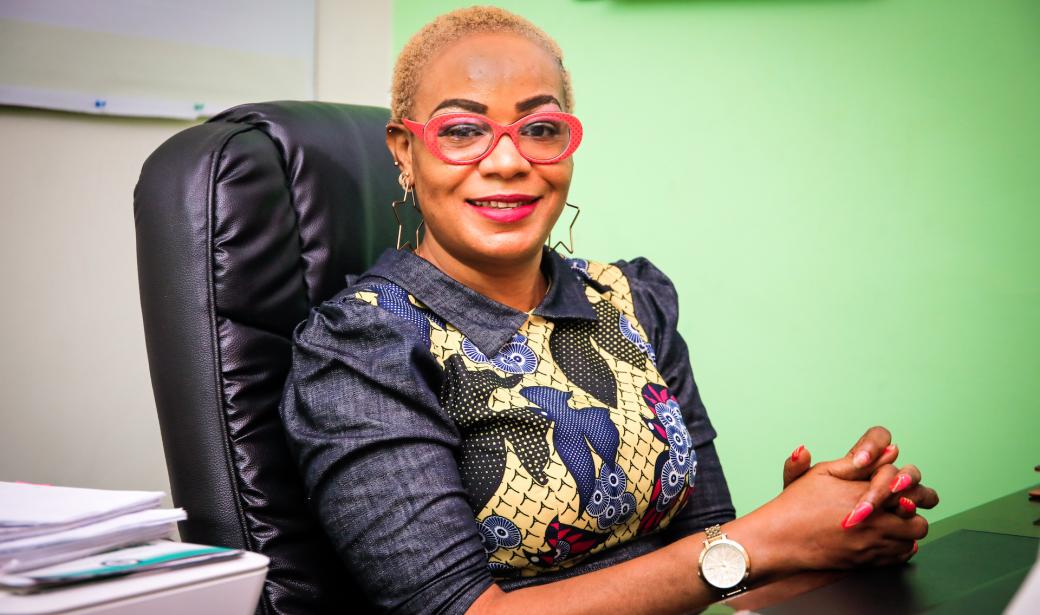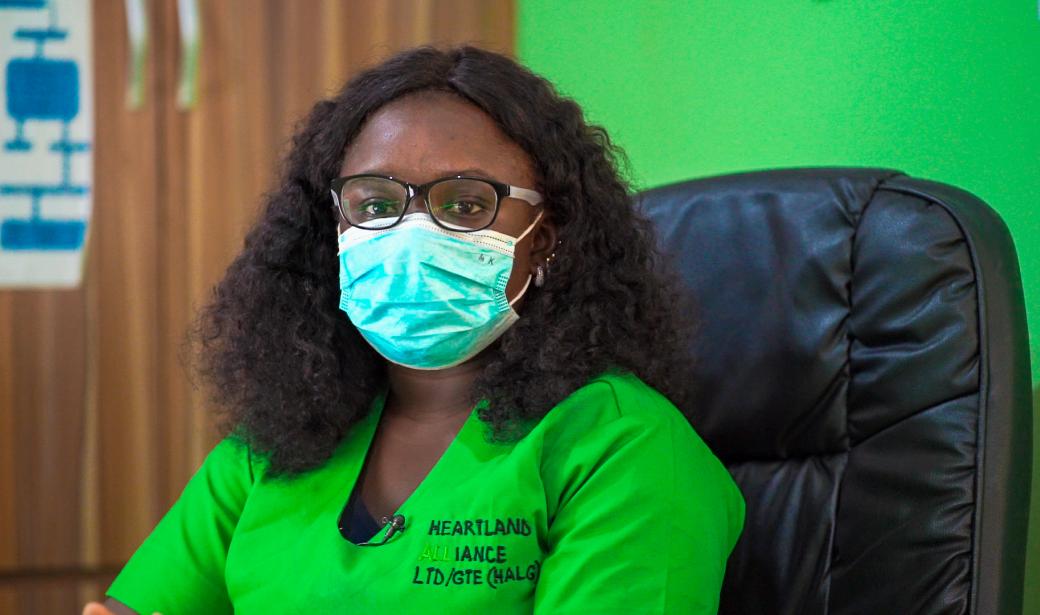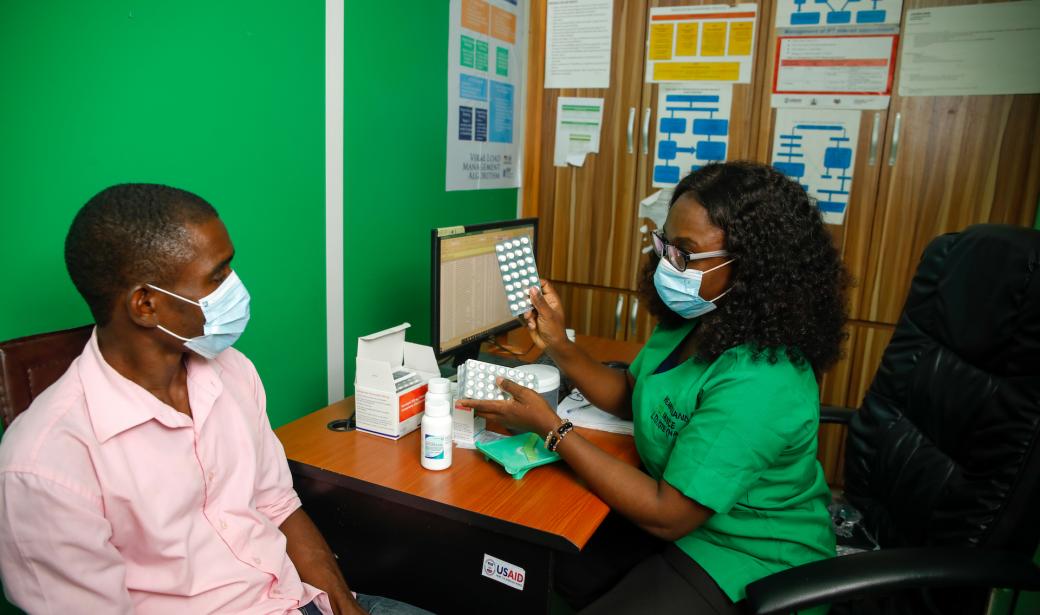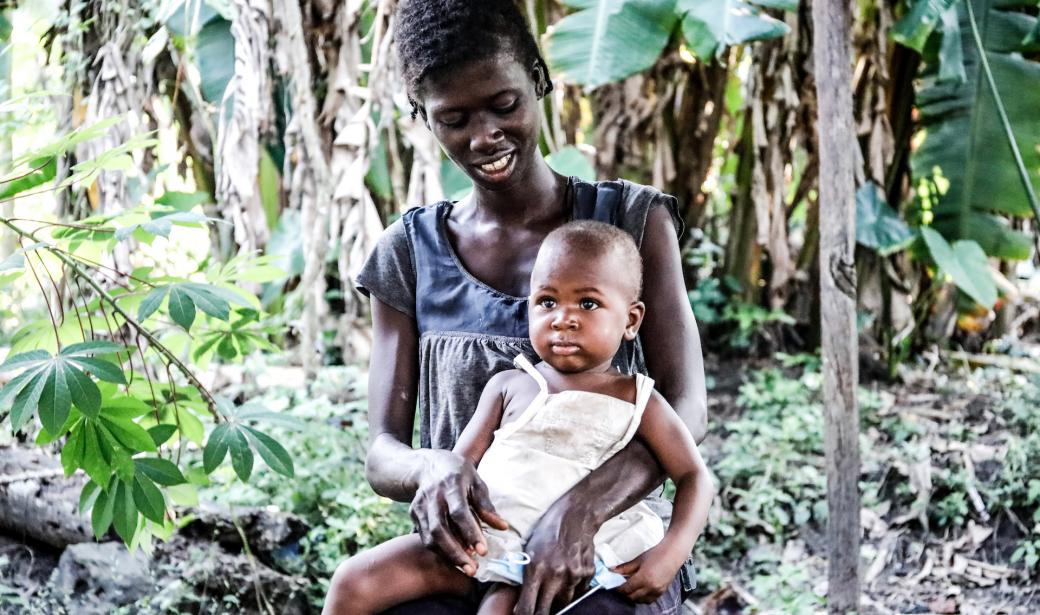Fifteen months ago, Adetimi Bayo (above) named her child Goodnews because ever since her birth, good help has come to her mother. She had been on antiretroviral (ARV) treatment since she was 17, a few years before the birth, as part of the key populations targeted in Nigeria. Key populations are significant in Nigeria’s national commitment to provide treatment to everyone living with the virus. And organizations like the Heartland Alliance work with some of the most stigmatized groups in remote areas, such as the coastal southern state of Akwa Ibom where Bayo lives, to help deliver equity to the hard-to-reach corners of the country.
Since 2016, the World Health Organization has recommended differentiated service delivery of HIV care to increase service efficiencies and impact. It is a people-centred approach that simplifies and adapts HIV services to the needs of different communities living with HIV. Now more facilities across Nigeria have integrated HIV care with general health care. And each centre has tailored its approach to the requirements of a local population, including key populations. In Akwa Ibom, Heartland Alliance operates four 24-hour one-stop shops with provision for group pick-up of medication among peers and even village visits. When Bayo was pregnant, the Heartland staff told her how she could prevent passing HIV to her baby. She reached
“We remove barriers. We take it to the people for them to actually have access to the service they need,” says Dr Ngozi Noel Ogamba (above), State Team Lead with Heartland Alliance in Akwa Ibom. In 2019, Heartland Alliance opened a family centre. “We saw that women who got pregnant did not go to health facilities for their prenatal care, and those who had children living with HIV did not access care for their children because of the stigma associated with it. As a programme, we intensified our prevention of mother-to-child HIV transmission. We also started providing ARV services to children living with HIV and this helped improve access to health care for children from the marginalized groups.”
“We have been able to ensure that 100% of our clients are retained in care and that we provide quality pharmaceutical care, so we are able to monitor them: Side effects, any adverse drugs reactions and even beyond pharmaceutical care, we are able to guide them and provide the support they need in their therapy,” says Anya Chidinma (above), a pharmacist with Heartland Alliance in Akwa Ibom. “We are also able to get the services across to them in the hotspots. We have had a lot of positive feedback as a stigma-free and friendly service.” She says they operate similarly with their other services: viral load testing, psychosocial support and even cervical cancer screening – “We are able to take it down to the community.”
Despite COVID-19 related restrictions, staff and clients say services have not been affected. It is a reflection of the respect for clients’ needs that people like Edidiong Ugbong (above) say has made a difference in managing his condition. "The response I got here was fast,” he says, referring to five years earlier when he was sick and diagnosed. “I came and they took me to the lab – they responded very fast, without shouting at me. And when I went to the pharmacy, it was the same thing, they assisted me very fast."
Unconventional service delivery of the life-changing drugs to people living with HIV is helping to change the course of the disease in Nigeria, which now has the world’s fourth-largest HIV burden. It was the second-largest HIV burden in 2019. “I have been living with HIV since 2017. The health workers at the facility treat me very well. They understand when I need a refill and when I call for any help and assistance,” says Bayo. Heartland staff helped Bayo find a home when she had none, clothes for her child and even training to set up a small business. And the best good news? At age 15 months, Goodnews remains free of HIV.
For Additional Information or to Request Interviews, Please contact:
Collins Boakye-Agyemang
Communications and marketing officer
Tel: + 242 06 520 65 65 (WhatsApp)
Email: boakyeagyemangc [at] who.int (boakyeagyemangc[at]who[dot]int)



